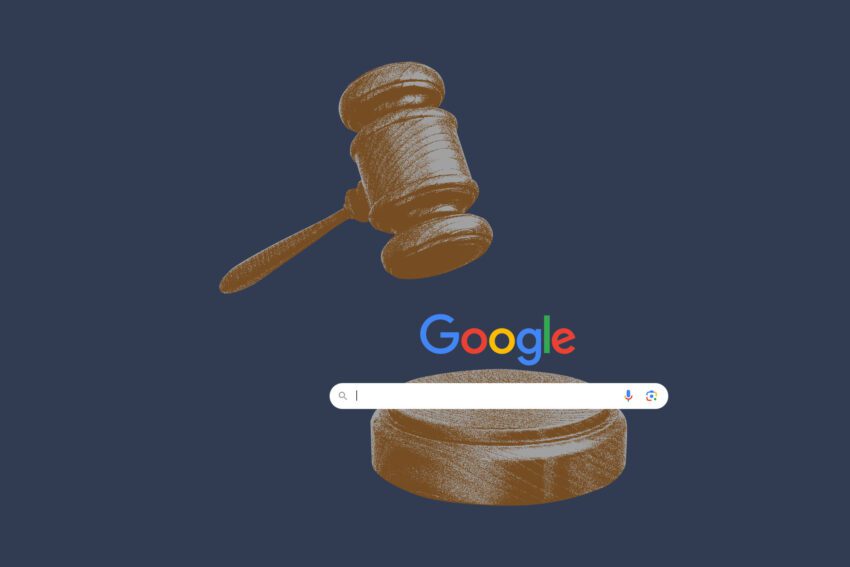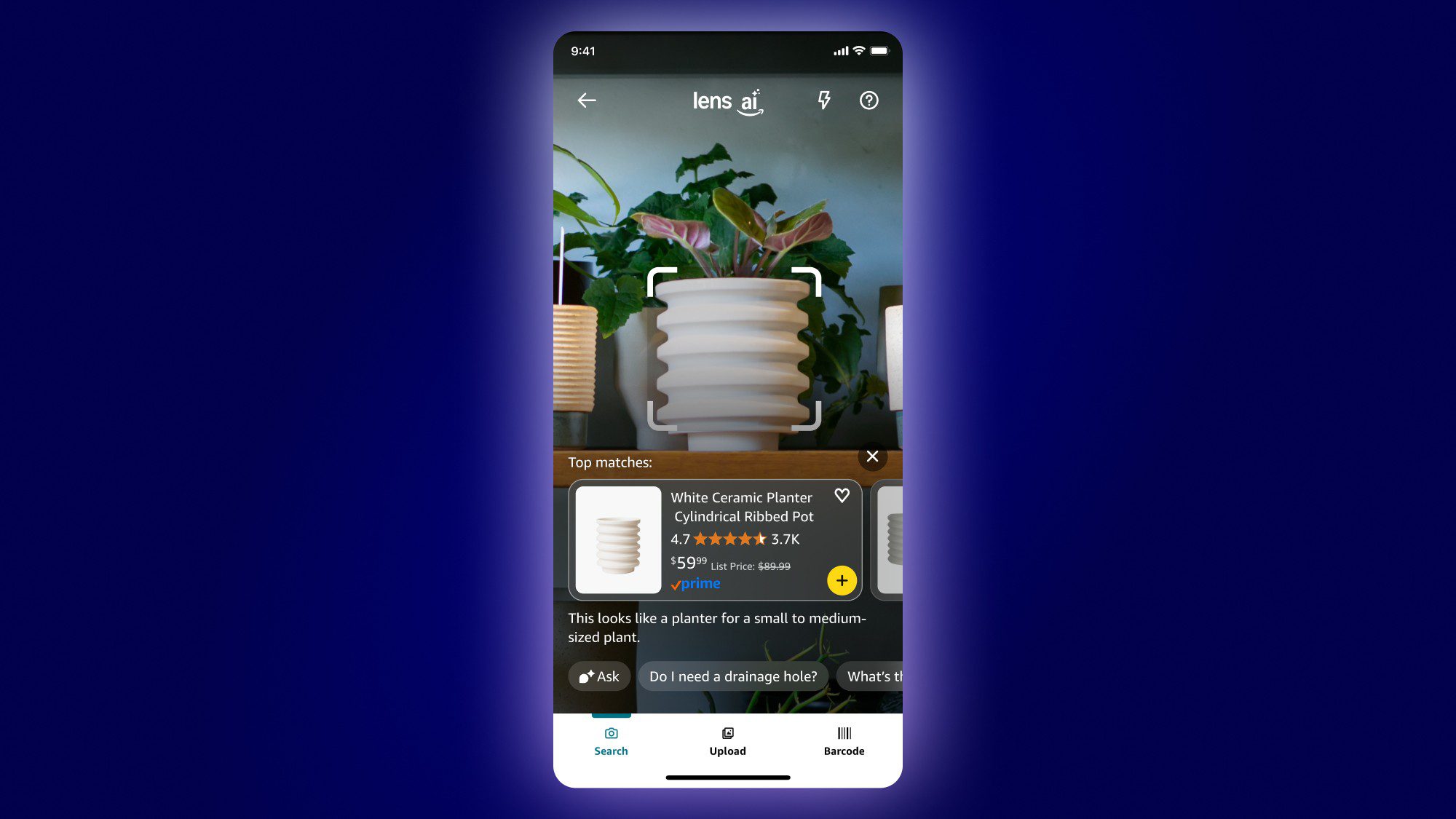
google gets to keep chrome judge rules — In a significant ruling, a DC District Court judge has decided that Google will not be required to divest its Chrome browser as a remedy for its illegal monopoly in online search..
In a significant ruling, a DC District Court judge has decided that Google will not be required to divest its Chrome browser as a remedy for its illegal monopoly in online search.
google gets to keep chrome judge rules
Background of the Case
google gets to keep chrome judge rules: key context and updates inside.
The legal battle against Google began in 2020 when the Department of Justice (DOJ) filed a complaint alleging that the tech giant had violated the Sherman Antitrust Act. This landmark case marked one of the most significant challenges to a tech monopoly in over two decades, reminiscent of the DOJ’s case against Microsoft in the late 1990s. The crux of the DOJ’s argument was that Google’s dominance in the online search market stifled competition and innovation, ultimately harming consumers.
In a ruling delivered over a year ago, Judge Amit Mehta found that Google had indeed violated antitrust laws. This ruling set the stage for the recent remedies decision, which outlines what Google must do in response to its monopolistic behavior. The remedies ruling is pivotal, as it not only addresses the current state of competition in the search market but also sets a precedent for how antitrust laws may be enforced in the tech sector moving forward.
Key Findings of the Remedies Ruling
On Tuesday, Judge Mehta ruled that Google could retain ownership of its Chrome browser, a decision that has significant implications for the online search landscape. The judge’s ruling also allows Google to continue paying distribution partners for preloading or placement of its search or AI products. However, he mandated that Google share certain valuable search information with rivals to help them compete more effectively in the market.
Distribution and Data Sharing Requirements
While the DOJ had proposed more aggressive remedies, including the divestiture of Chrome, Judge Mehta opted for a more measured approach. He ruled that Google must refrain from making exclusive deals that could limit the distribution of its search or AI products, thereby enabling rivals to gain a foothold in the market.
In his 230-page ruling, Mehta emphasized that forcing Google to sell Chrome would be a “poor fit” for the case. He noted that the DOJ had failed to prove that less extreme measures would not suffice to restore competition. The judge expressed skepticism about the feasibility of a Chrome divestiture, stating that it would likely lead to “substantial product degradation” and harm consumer welfare. He pointed out that Chrome does not operate as a standalone business and is heavily reliant on Google’s infrastructure.
Implications for Google and Competitors
Judge Mehta’s ruling has sparked mixed reactions from various stakeholders. Google expressed concerns about how the new requirements might impact user privacy and is currently reviewing the decision. Lee-Anne Mulholland, Google’s vice president of regulatory affairs, stated, “We’re reviewing the decision closely.” This indicates that Google may consider appealing the ruling, particularly the underlying finding of its monopolistic behavior.
On the other hand, the DOJ’s antitrust chief, Gail Slater, adopted a more triumphant tone, emphasizing the importance of restoring competition for American consumers. “The first Trump administration sued Google to restore competition for millions of Americans subjected to Google’s monopoly abuses,” she said. “Today, the second Trump administration has won a remedy to do just that.” However, she also indicated that the DOJ is still evaluating whether to appeal for more comprehensive remedies.
Challenges in the Current Market Landscape
The remedies trial, which lasted three weeks, featured testimonies from various industry leaders, including Google’s CEO and executives from Apple and OpenAI. Google argued that the DOJ’s more ambitious proposals could jeopardize user privacy and disincentivize funding for the open-source browser engine Chromium. The company warned that overly stringent remedies could inadvertently harm other players in the ecosystem, such as Apple and Mozilla, who rely on payments from Google to make its search engine the default on their platforms.
Mehta acknowledged these concerns, stating that banning Google’s payments to distribution partners could have negative ripple effects across the market. While he recognized that such a ban could theoretically encourage competition, he concluded that allowing Google to continue these payments was a more palatable solution, particularly given the recent surge in venture funding for generative AI projects. This funding has positioned other companies to compete more effectively with Google than traditional search competitors have been able to in decades.
Data Sharing as a Competitive Measure
One of the more notable aspects of Mehta’s ruling is the requirement for Google to share certain search data with qualified competitors. This decision aims to level the playing field by allowing rivals to access valuable information that can help them enhance their search capabilities. However, the judge granted only a narrow subset of the data that the DOJ had requested, limiting the scope and frequency of the data sharing.
Mehta’s ruling allows qualified competitors to purchase a one-time snapshot of specific search data, which he believes will enable them to identify and crawl more web pages efficiently. This remedy, while a step in the right direction, falls short of the comprehensive data-sharing framework that the DOJ had sought. Critics argue that the limited nature of this remedy will not be sufficient to foster meaningful competition in the long term.
Reactions from Industry Leaders
Industry leaders have expressed varying opinions regarding the ruling. Gabriel Weinberg, CEO of DuckDuckGo, who testified on behalf of the government, criticized the ruling as ineffective. He stated, “Google will still be allowed to continue to use its monopoly to hold back competitors, including in AI search. As a result, consumers will continue to suffer.” Weinberg’s comments highlight the ongoing concerns about Google’s ability to maintain its dominance despite the court’s ruling.
The American Economic Liberties Project, an advocacy group that has pushed for stronger antitrust enforcement, condemned Mehta’s ruling as a failure. Executive Director Nidhi Hegde remarked, “You don’t find someone guilty of robbing a bank and then sentence him to writing a thank you note for the loot.” This statement underscores the frustration among advocates who believe that the remedies do not go far enough to dismantle Google’s monopoly.
Future Implications and Ongoing Legal Battles
The implications of Judge Mehta’s ruling extend beyond this specific case. The DOJ’s complaint was filed before the emergence of generative AI tools like OpenAI’s ChatGPT, which have since transformed the landscape of online search. As AI continues to evolve, the court’s decision will likely influence how antitrust laws are applied to emerging technologies and platforms.
Google is currently embroiled in multiple legal battles, facing scrutiny from various courts. In July, a California appeals court upheld a jury verdict against Google in Epic Games’ lawsuit concerning its mobile app store monopoly. Additionally, a federal judge in Virginia found that Google had illegally monopolized certain advertising technology tools, with potential remedies to be discussed in September. These ongoing legal challenges suggest that Google’s current business model may face significant changes in the near future.
Looking Ahead
As the legal landscape continues to evolve, the tech industry will be closely monitoring the outcomes of these cases. The ruling against Google represents a pivotal moment in the ongoing struggle for fair competition in the tech sector. While the remedies imposed by Judge Mehta may not fully address the concerns raised by the DOJ, they do signal a growing recognition of the need for regulatory oversight in the tech industry.
In conclusion, the ruling allows Google to retain its Chrome browser and continue certain business practices while imposing some requirements for data sharing with competitors. The long-term impact of this decision remains to be seen, as both Google and the DOJ evaluate their next steps. The outcome of this case could set important precedents for how antitrust laws are enforced in the rapidly changing landscape of technology and online services.
Source: Original report
Related: More technology coverage
Further reading: related insights.
Further reading: related insights.
Further reading: related insights.
Was this helpful?
Last Modified: September 3, 2025 at 11:56 am
1 views















